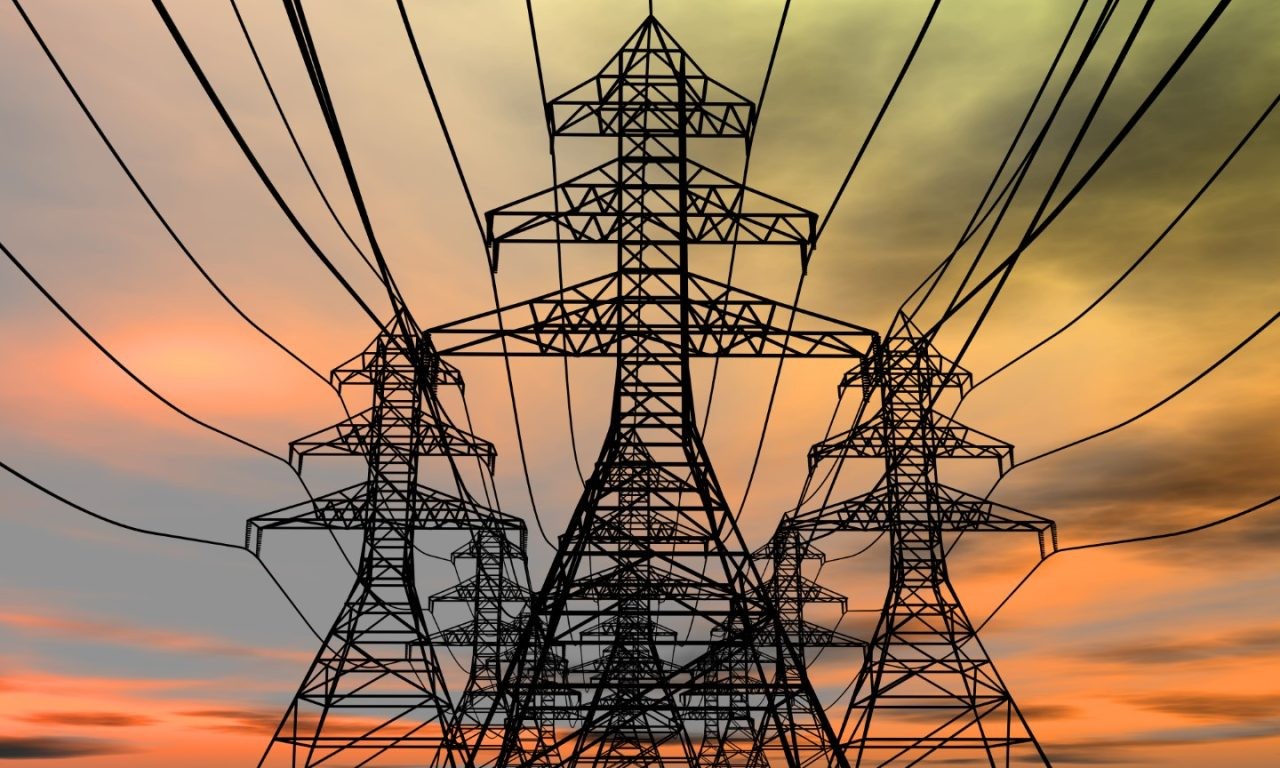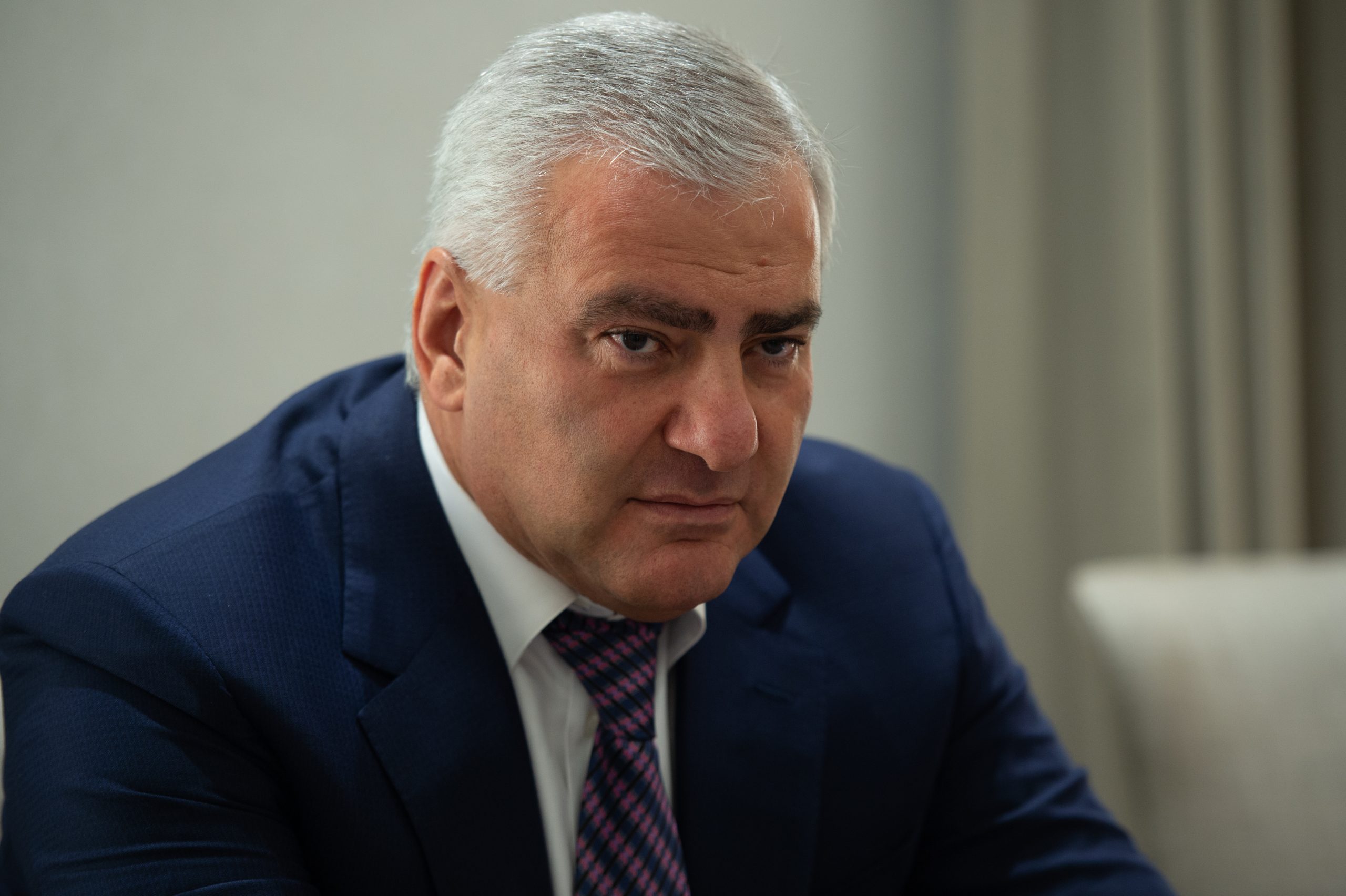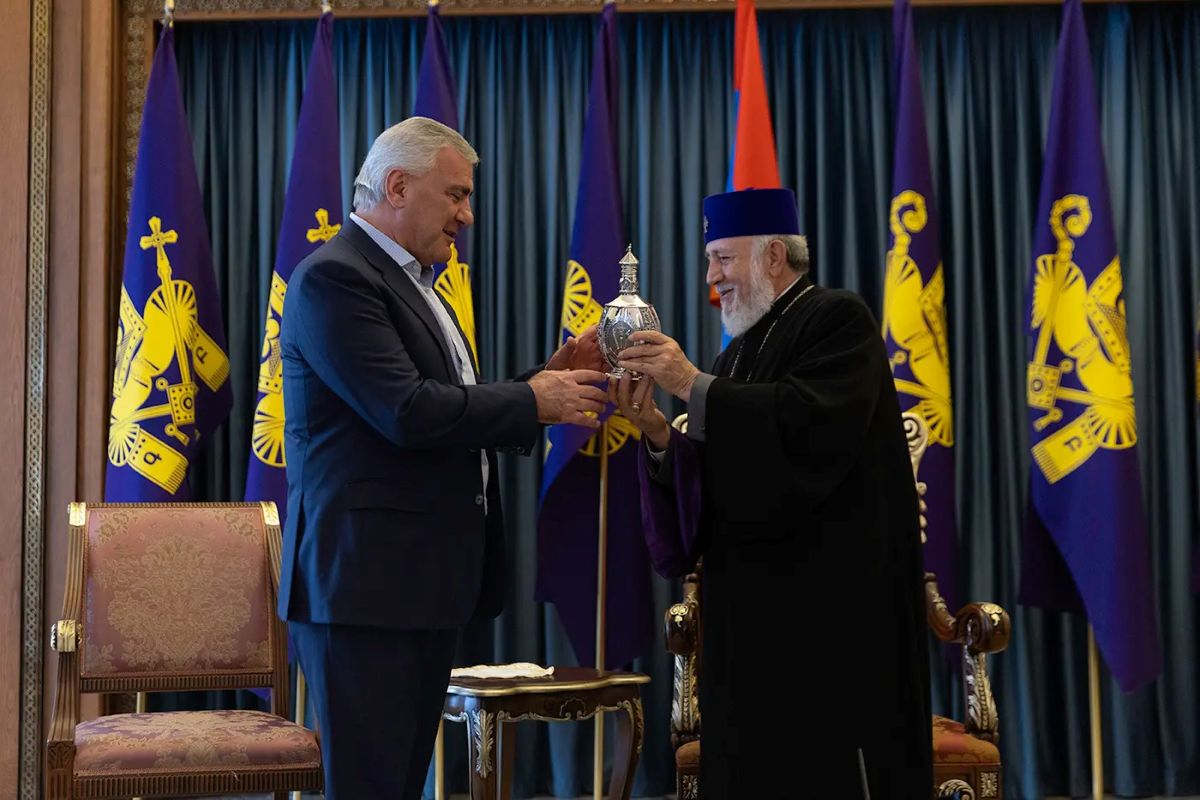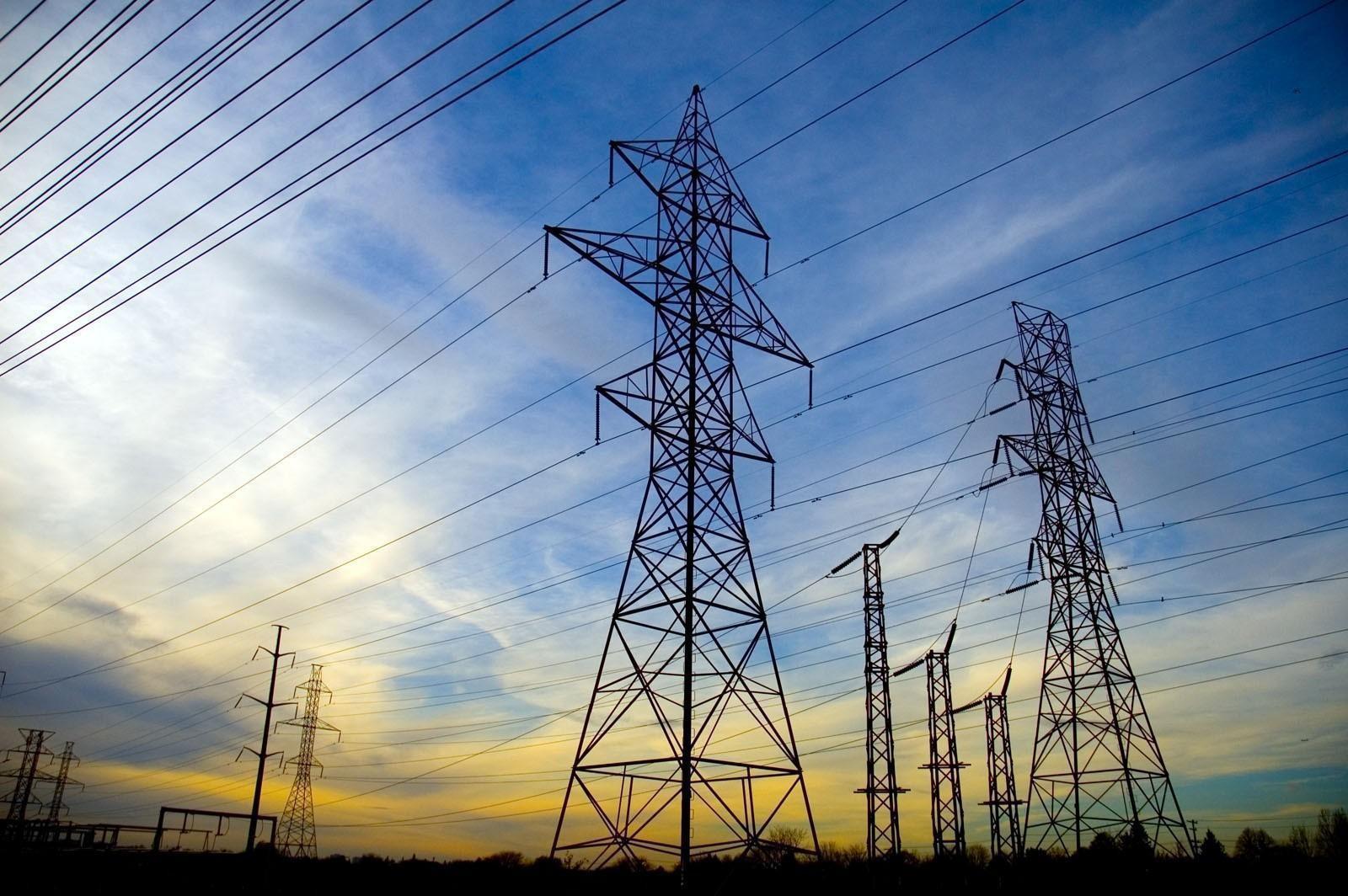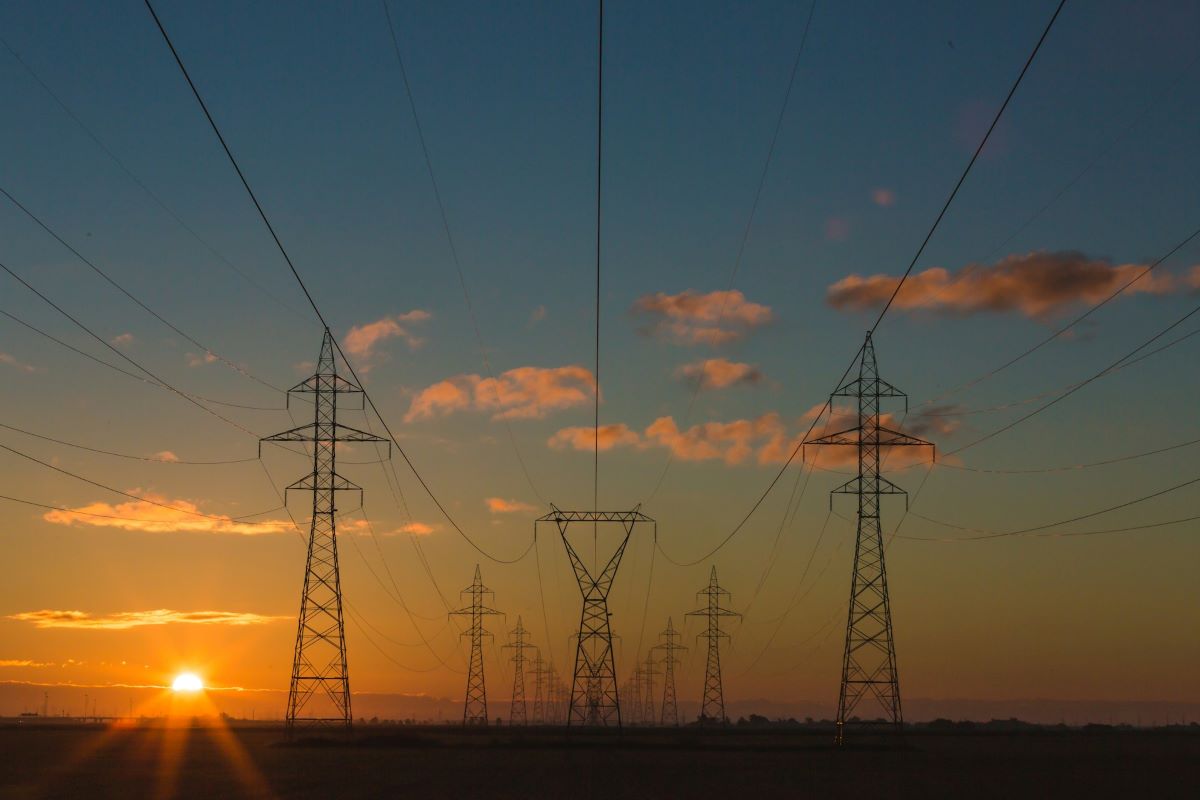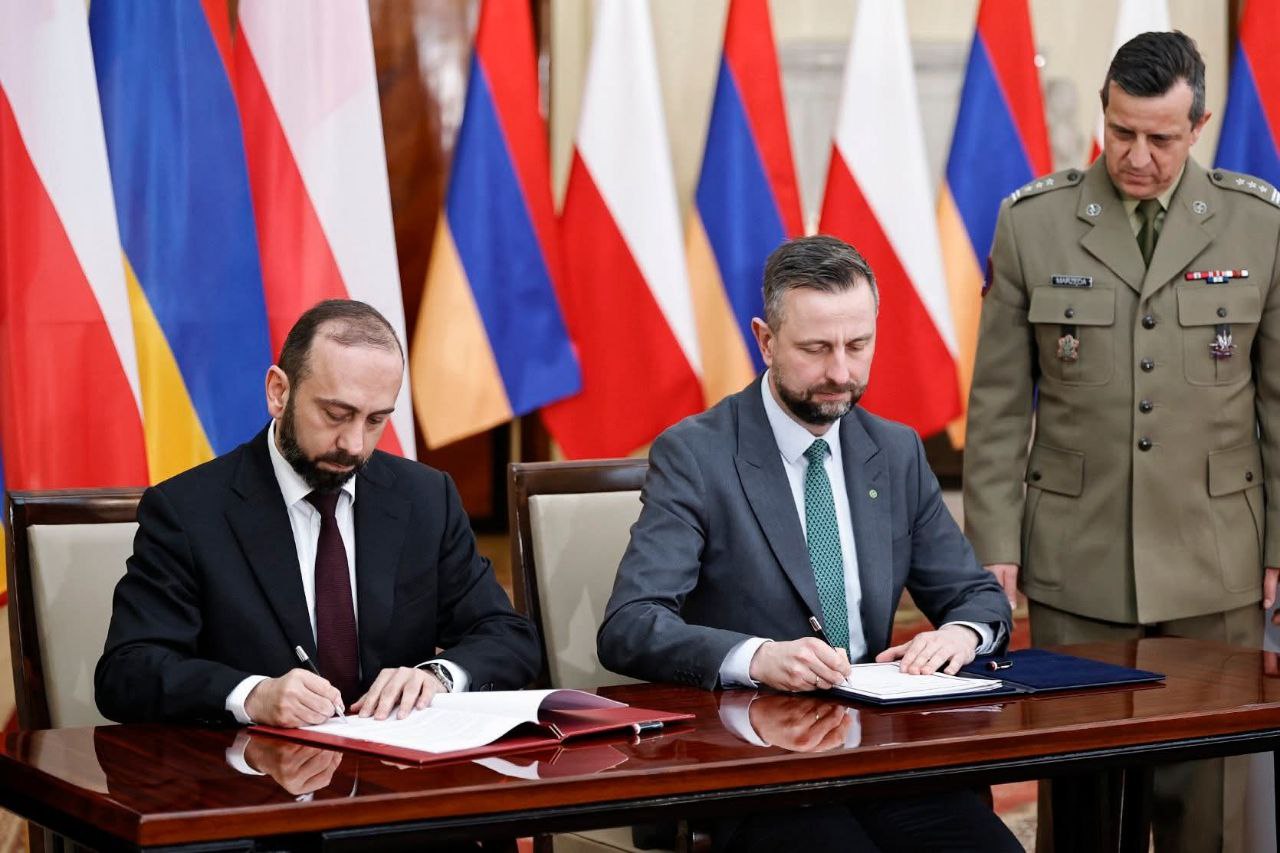Armenia’s electricity network company owned by arrested Russian oligarch loses licence: what happens next?
“Electric Networks of Armenia” stripped of license
The Public Services Regulatory Commission has decided to revoke the licence of the company Electric Networks of Armenia (ENA).
ENA is owned by Tashir Capital. The owner of that company is dollar billionaire and businessman Samvel Karapetyan, who has been under arrest for several months. He faces charges of publicly calling for the seizure of power.
“Over the next three months, the state will start negotiations with the owner over the transfer of property rights. If the parties fail to reach an agreement during this period, the state may assume ownership based on its pre-emptive rights,” Mesrop Mesropyan, the commission chairman, told journalists after the decision.
Former ENA chief David Ghazinyan said the commission had long ago made the decision and that only the announcement remained.
He also questioned the commission’s independence, claiming it “acts under the prime minister’s instructions.”
“If the commission were truly independent, the maximum it could have done in the current circumstances would be to impose some sanctions,” he added.
Representatives of Tashir Capital said there was no solid basis to terminate the licence. Before the decision, they submitted a request to the commission to suspend proceedings in the case, but the request was rejected.
The discussion about revoking the licence began on 13 November, a Thursday. After lengthy debates, both sides made their closing statements on 17 November. The vote followed immediately. Four members voted in favour, and one opposed.
The decision to revoke the electricity distribution licence triggers a series of next steps:
- Recognition of ENA as a state priority
- Valuation of the company
- Payment of compensation to the owner.
- Moscow attempting ‘Ivanishvili 2.0’ operation in Armenia, says analyst
- “Pashinyan won’t stay in power — we’ll join the election fight”: Armenian ex-president
- “No one has the right to threaten Armenia”: Pashinyan responds to statements by prominent businessman
Armenian Prime Minister Nikol Pashinyan has spoken for several months about the need to nationalise ENA.
“During my numerous visits to the regions, I was surprised and frustrated to see that ENA’s operations had almost caused an energy crisis in Armenia. My analysis suggests that the company carried out these actions to stir domestic dissatisfaction,” he told journalists before the government began investigating the company.
The government then appointed a temporary manager for ENA and launched inspections. Pashinyan described the government’s intervention as a “surgical” process.
The prime minister outlined two possible scenarios: either the state will buy ENA, or a private company will. He has previously called the process “inevitable.”
It remains unclear whether ENA’s owners will negotiate a sale with the government or what price they will demand. Former acting CEO David Ghazinyan said the owners are preparing for all possible outcomes.
Earlier, ENA’s owner’s family filed a claim in international arbitration, seeking $500 million in compensation from the state.
Facts presented by ENA’s temporary manager
ENA’s temporary manager and ruling party representative, Romanos Petrosyan, presented a report to the Public Services Regulatory Commission on a violation in January 2025. The company’s automated electricity metering system failed, causing the loss of data going back to 2018.
Petrosyan also provided evidence that ENA had submitted false data to the commission. This led to an incorrect assessment of the state of the distribution network, the frequency of power outages, and actual energy losses.
He reported inaccuracies in the calculation of electricity losses and revenue. In particular, ENA’s management instructed various regional branch leaders to calculate losses using different tariffs.
Additionally, ENA issued financial guarantees totaling around $700 million to other companies in the Tashir group. For example, Tashir Capital received a $7 million loan from Ardshinbank, with ENA acting as guarantor. In another case, AMIO Bank provided millions of dollars to Armholding JSC, again guaranteed by ENA.
“ENA’s managers and executives submitted false reports for an extended period. This directly affected tariff formation. The procurement, supply, and purchasing processes were highly biased and discriminatory. It created a closed, monopolistic economic chain. Profits flowed from ENA to the Tashir group,” Petrosyan said.
‘ENA’s guilt not proven’ – lawyers
“Most of the evidence presented was obtained illegally and cannot be considered in the proceedings. Much of it is unreliable due to the unlawful manner in which it was collected,” said Aram Orbelyan, lawyer representing Tashir Capital.
Another lawyer, Vardan Aloyan, added that while problems may have existed, they should not be seen as deliberate:
“Nowhere has it been established that ENA is guilty. And if it is, the degree does not justify revoking the license.”
‘They want to punish Samvel Karapetyan’ – former ENA chief
Before the appointment of a temporary manager, David Ghazinyan headed Electric Networks of Armenia (ENA). In his statement, he recalled Prime Minister Pashinyan’s calls for the nationalisation of ENA and described them as “a direct political order.”
He claimed the state simply intended to “take the company away from its owner.”
“You were deceived to ‘punish’ Samvel Karapetyan. Or to force him to the negotiating table, showing that ENA supposedly served political purposes,” he told the people of Armenia.
Rejecting the accusations, Ghazinyan said the case materials were “extremely incomplete and inaccurate.” In his view, they were compiled to “create the appearance of anti-crisis management.” Regarding the alleged deliberate deletion of data from the system dating back to 2018, he argued it could not be proven.
As for the underreporting and irregularities at ENA, Ghazinyan denied their “coordination.” He argued that any coordination would have had to come from a central authority and asked, “Where is this center? Labeling it as coordinated is criminal.”
The former acting CEO said the commission did not want to uncover the truth, otherwise it would have allowed witnesses to speak.
“The basis of the proceedings was testimony obtained using police methods. No internal investigation was carried out for four months. The temporary manager applied double standards. At times, the old ENA team was praised; when convenient, the same team was portrayed as a gathering of criminals,” David Ghazinyan stated.
‘The commission uncovered information suggesting potential violations of the owner’s interests‘
The head of the commission’s financial and technical department, Mary Ghazaryan, presenting the identified violations, stressed:
“The draft decision in no way targets the owner of the company or its shareholders. On the contrary, it refers to potential breaches of their interests.”
She emphasized that the company’s unlawful actions were “systematic and widespread.” In her closing statement, Ghazaryan expressed the view that the company’s “illegal conduct” could indicate
- both a coordinated approach by the company’s management,
- and insufficient efforts to resolve the problems.
“The company committed violations that could have threatened the safety of the entire energy system or infringed on the rights and legitimate interests of millions of consumers,” she added.
‘Nationalization is proceeding within the framework of the law,’ said the interim manager.
The company’s interim manager, Romanos Petrosyan, stated that the nationalization process of ENA is fully legal:
“I am confident that the process is proceeding within the framework of the law, unless the Constitutional Court issues a different ruling,” he said.
He emphasized that the ENA violations should have been identified in a timely manner by the commission itself, which remained inactive for an extended period.
According to Petrosyan, the Anti-Corruption and Investigative Committees are already examining criminal cases:
“As a result of these investigations, we will receive the necessary assessments. It is possible that former ENA managers and executives were unwilling to disclose internal operations to law enforcement authorities. Consequently, all violations were, in some way, concealed or disguised.”
He added that the future of this strategically important facility will be determined based on the decisions of the Public Services Regulatory Commission.
Two scenarios mentioned by the Prime Minister
During his latest briefing, Nikol Pashinyan struggled to say whether the government has enough funds to acquire ENA if the company loses its license:
“Everything depends on the price. The price must be determined through a comprehensive analysis. If it proves reasonable, the matter will be seriously considered.”
Pashinyan said that if the price is too high and “it becomes clear that it is impossible to pay for the acquisition from the state budget,” the second scenario will be implemented. Under this scenario, ENA would be handed over to an international private company, which would pay the owners.
“In any case, the Republic of Armenia will retain a stake that allows it to maintain the state’s strategic presence in this critical infrastructure,” he emphasized.
The Prime Minister suggested waiting for the decision of the Public Services Regulatory Commission:
“This decision will either make the scenarios we are considering possible or impossible, or it will influence them in some way. First, we await the commission’s decision, and only then will we clarify the details.”
So far, there is no official information on whether any international company is interested in acquiring ENA.
“Electric Networks of Armenia” stripped of license










